
Had Chris Killip pursued his initial career option, we’d have been looking at a hotel manager and not one of Britain’s greatest-ever photojournalists. But, thankfully for photography, he abandoned his hospitality training on his native Isle of Man and decided to chase a career in photography. He headed for the bright lights of London, where he worked as a freelance assistant for various photographers between 1964 and 1969. In the big city he met and worked with an impressive collection of people, such as photographers Adrian Flowers, Justin de Villeneuve, Jeanloup Sieff, David Hurn, Josef Koudelka, Diane Arbus and the artist and musician Ian Dury, who would become a long-term friend of Killip’s.
In 1969, after seeing his very first exhibition of photography at the Museum of Modern Art (MoMA) in New York – which featured the work of legendary Picture Post photographer Bill Brandt – Killip decided to return to the Isle of Man to shoot the island he knew. Although he viewed the Brandt show, Killip had apparently been most struck by MoMA’s permanent photography collection, which included the work of Walker Evans, Paul Strand and August Sander. Indeed, Evans’s ‘slow documentary’ style, and focus on working-class communities, were inspirational for Killip. But, as he often viewed other art forms, his inspirations were often not taken from photography. He was also soon influenced to switch from shooting in the 35mm format to using a plate camera by Bill Jay, the editor of the short-lived but influential art photography magazine Album, who found Killip’s 35mm work merely ‘okay’.
Esta historia es de la edición November 29, 2022 de Amateur Photographer.
Comience su prueba gratuita de Magzter GOLD de 7 días para acceder a miles de historias premium seleccionadas y a más de 9,000 revistas y periódicos.
Ya eres suscriptor ? Conectar
Esta historia es de la edición November 29, 2022 de Amateur Photographer.
Comience su prueba gratuita de Magzter GOLD de 7 días para acceder a miles de historias premium seleccionadas y a más de 9,000 revistas y periódicos.
Ya eres suscriptor? Conectar
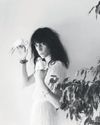
Calling The Shots: A Queer History of Photography
Offering an unprecedented view of photographic history through a queer lens, this is a wonderful and powerful book, says
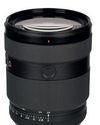
Large-aperture standard zoom, too
SONY has also revealed a new premium standard zoom, the FE 28-70mm F2 GM.

Super-fast, high-res Sony Alpha Ai II
SONY has announced its new professional full-frame flagship camera, the Alpha A1 II.
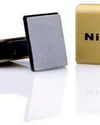
39 awesome accessories
Our round-up of the best accessories we've used and reviewed this year, along with some old favourites. There's something here for every budget, starting from just £7, including tripods, bags, filters and much more
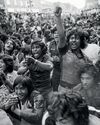
Such a thing as society
This autumn sees the launch of a major new book and exhibition devoted to examining the multiplicities of photography during 1980s Britain. Peter Dench finds out more

Join Club
The sociable Canvey Island Photographic Club is keen to grow its in-person meet ups
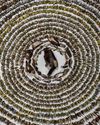
Capturing flight
Winners and finalists of Bird Photographer of the Year share their tips for success with Hollie Latham Hucker
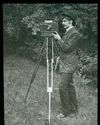
140 years of change
AP has become the world’s oldest surviving consumer photo magazine because we have moved with the times, says Nigel Atherton
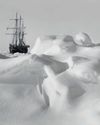
Preserving history in platinum
A deep dive into the meticulous art of platinum printing, and the collaboration between the Royal Geographical Society and Salto Ulbeek. Mike Crawford explores how they brought historical photographs to life with enduring beauty and precision
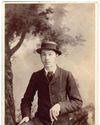
Life in the past lane
What was life like for an amateur photographer in 1884? John Wade takes a trip back in time